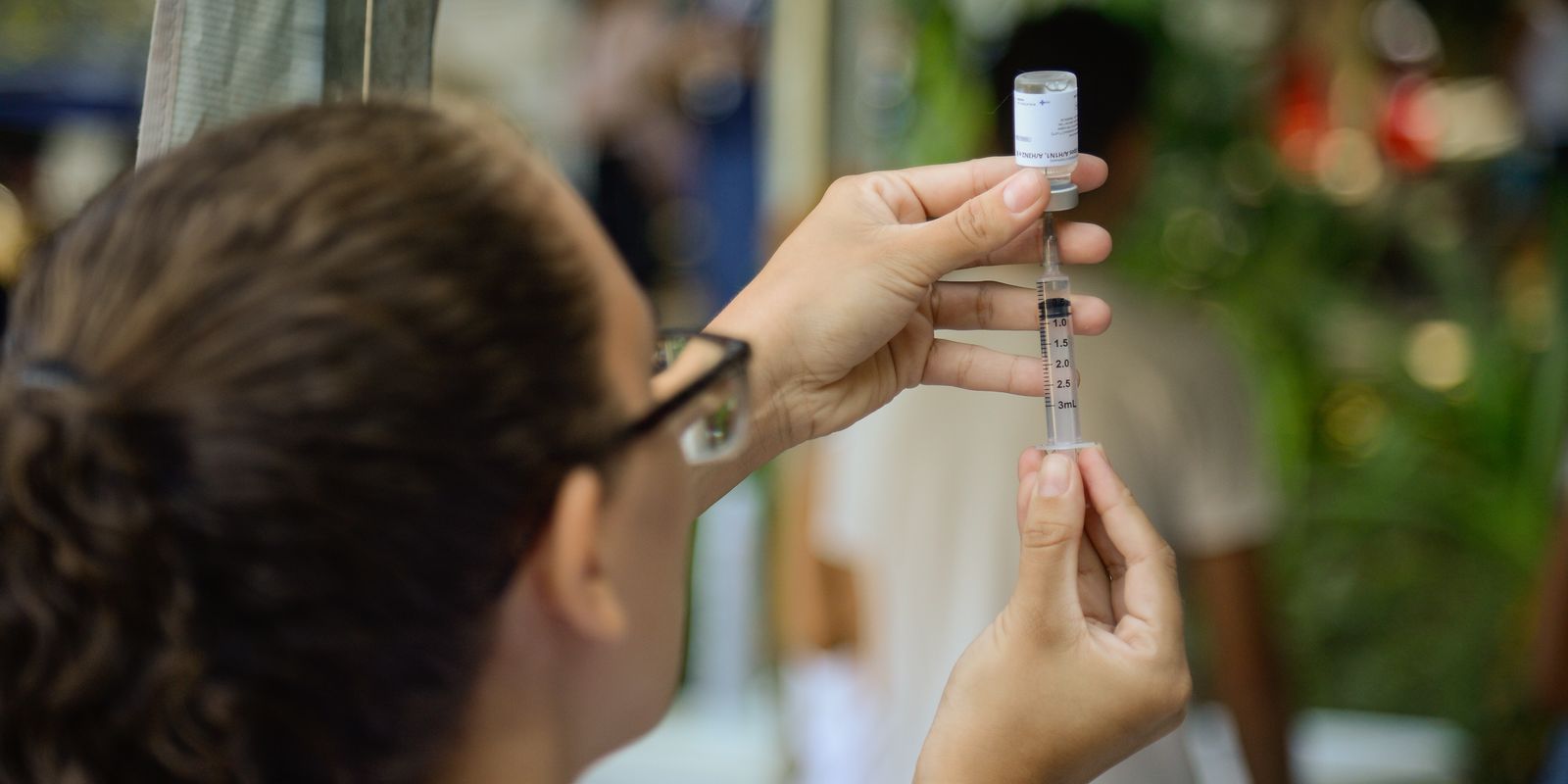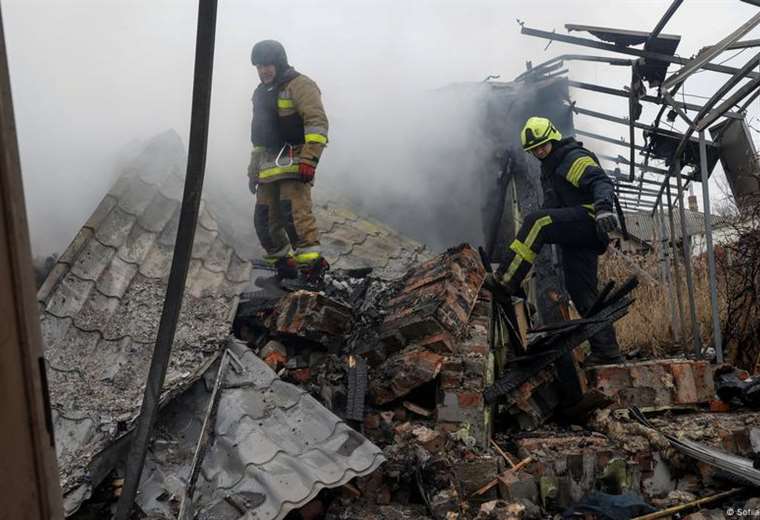A survey by the National Confederation of Municipalities (CNM), released this Friday (27), points to the lack of vaccines in the national immunization calendar, such as chickenpox, covid-19 and whooping cough. In a statement, the Ministry of Health refuted the results and stated that it had guaranteed 100% of the needs for all vaccines in the basic calendar, except in cases of global shortages, which occurred due to “specific problems”. The statement does not state whether the shortage is due to management problems by local governments.
According to the confederation, the research was carried out, via the institution’s own call center, in the period between November 29 and December 12, 2024. According to the confederation, 65.8% of a total of 2,895 municipalities analyzed reported a lack of immunizers . The CNM also says that the results of the survey reflect the “scenario at the time of the research”.
In the case of chickenpox, 1,516 municipalities analyzed (52.4%) reported a lack of vaccine. The Ministry of Health reported that there is a global shortage of raw materials, but assured that it had guaranteed all the necessary doses of the vaccine after contracting three suppliers. For 2025, the department assured that any problems will be resolved throughout the first half of the year.
In second place is the vaccine for Covid-19 in adults, absent in 736 municipalities (25.4%), with an average of 45 days without availability. The CNM recalls that the first week of December saw a 60% increase in notifications of the disease in the country, the highest level since March. From December 1st to 7th, there were 20,287 cases, according to the Ministry of Health’s Covid-19 Panel.
In the statement, the Ministry of Health reported that the department distributed 3.7 million doses of vaccine against Covid-19 to the states, of which 503 thousand were actually applied, which indicates sufficiency of doses at the state level. For 2025, the ministry reported having reinforced stocks of immunization agents.
Whooping cough
In third place is the insufficiency of the triple vaccine, against pertussis, diferia and tetanus, reported in 520 municipalities (18% of the total surveyed). According to the CNM, the vaccine was missing on average for 60 days in the affected municipalities. In 2024, pertussis cases rose almost 2,000% compared to 2023, with 4,395 records as of November 27, the majority in Paraná. So far this year, there have been 17 deaths, 16 of which in children under 1 year old.
The research also points to insufficient meningococcal C vaccine against serogroup C meningitis, unavailable in 375 cities (12.9%); tetraviral, which combats measles, mumps, rubella and chickenpox, unavailable in 337 municipalities (11.6%); and yellow fever, unavailable in 280 municipalities (9.7%).
The Ministry of Health reported having sufficient stocks for the next six months of vaccines against meningitis and pertussis.
Response
In addition to ensuring that 100% of the states’ needs are met, the Ministry of Health reported that the distribution of vaccines is transparent. The ministry highlighted that any citizen can consult, on the interactive ministry panelshipments sent from the distribution center in Guarulhos (SP) to the states. The statement highlighted that, per year, 300 million doses are distributed to 5,570 municipalities through the National Immunization Program (PNI).
The ministry highlighted that all vaccine categories from the basic calendar in December were sent to the states and guarantees that it has stocks to meet demand. According to the ministry, the entire process is carried out in partnership with the states. The statement also highlights that, since 2023, vaccination coverage has shown an upward trend, the result of actions such as the multi-vaccination campaigns carried out in November.
Most affected states
In relation to the most affected states and regions, Santa Catarina continues to lead the way in vaccine shortages, with 199 of the 230 municipalities that responded to the survey (87% of the total) reporting a lack of vaccines. Next is Ceará, with 51 of the 59 municipalities analyzed (86%), Espírito Santo, 38 of the 45 respondents (84%); and Minas Gerais, with 412 of the 496 respondents (83%).















